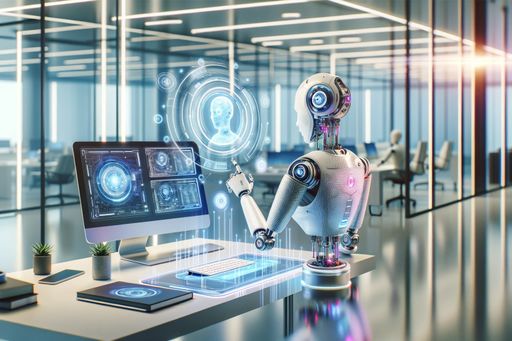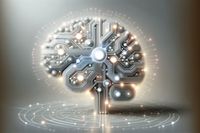Michael Cohen Used Artificial Intelligence to Feed Lawyer Bogus Cases
Michael D. Cohen, the former fixer for Donald J. Trump, revealed that he unknowingly provided his lawyer with fake legal citations generated by the AI program Google Bard. These citations were used in a motion to end court supervision of Cohen's case.

AI Program Generates Fake Legal Citations
Michael D. Cohen, who previously served as Donald J. Trump's fixer, admitted in recently unsealed court documents that he unknowingly gave his lawyer fabricated legal citations, which were created by an AI program called Google Bard.
These fictitious citations were then included in a motion that was submitted to a federal judge in Manhattan. Cohen had requested an early end to court supervision of his case, as he had completed his prison sentence and fulfilled the conditions of his release.
In a sworn declaration made public on Friday, Cohen admitted that he was unaware of the capabilities of Google Bard, which is a generative text service similar to ChatGPT. He also stated that he did not realize his lawyer, David M. Schwartz, would include the fabricated cases in the motion without verifying their existence.
Implications for the Trump Case
This revelation could have significant implications for the ongoing criminal case against Donald J. Trump in Manhattan, where Michael Cohen is expected to serve as a key witness. Trump's legal team has consistently attacked Cohen's credibility, and this incident provides them with further ammunition.
The Manhattan district attorney's office declined to comment on the matter. However, the judge overseeing the case, Jesse M. Furman, had already expressed skepticism about the cited cases and ordered Schwartz to provide copies to the court.
If Schwartz fails to produce the cases, Judge Furman has instructed him to provide a sworn declaration explaining how the motion included non-existent cases and whether Cohen had any involvement in drafting or reviewing the motion. The judge also raised the possibility of imposing sanctions on Schwartz for citing fake cases.
AI-generated Bogus Cases in Manhattan Federal Court
This incident marks the second time this year that lawyers in the Manhattan federal court have relied on false court decisions created by AI programs. The use of AI technology in the legal field poses challenges regarding the verification and authenticity of legal citations.
It remains to be seen how this revelation will impact Michael Cohen's role as a witness and the overall outcome of the case against Donald J. Trump. The credibility of evidence presented in court will likely be called into question, raising concerns about the validity of the prosecution's case.
Jonah E. Bromwich contributed to the reporting of this article. Benjamin Weiser, a reporter covering the Manhattan federal courts, has extensive experience in the field of criminal justice reporting and joined The New York Times in 1997.



